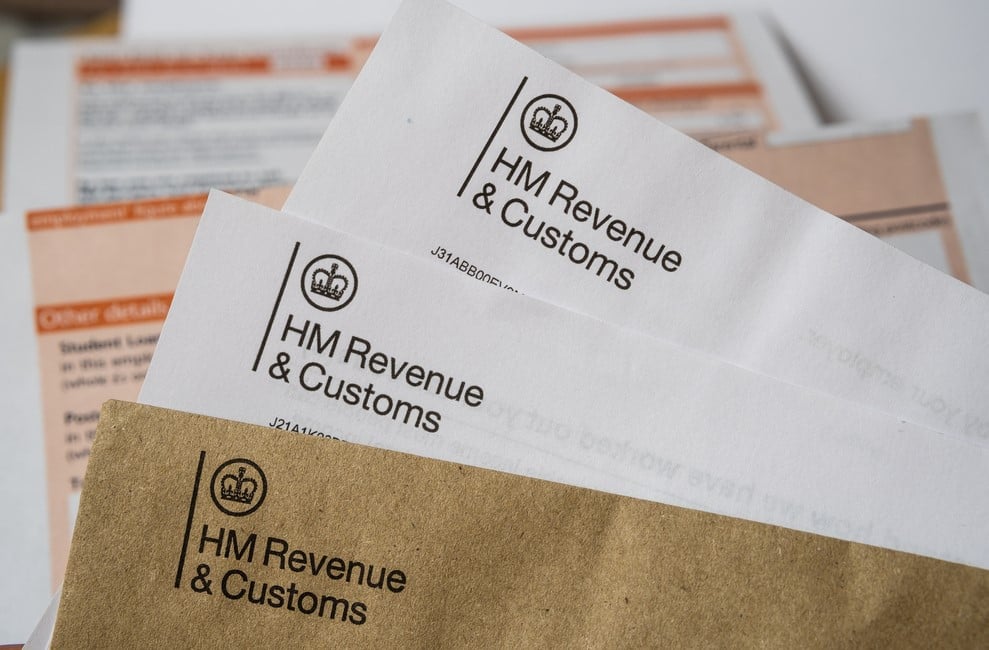HMRC can often transmit waves of anxiety throughout anyone’s day. Typically, these correspondences come in various forms, but one type that might arrive in your mailbox is the so-called “nudge letter.” Designed to alert or prompt taxpayers about their fiscal responsibilities, particularly pertaining to undeclared income, comprehending your HMRC nudge letter is essential to make sure you’re fulfilling your tax obligations effectually.
What exactly is an HMRC Nudge Letter?
A nudge letter from HMRC is basically a preventive measure rather than an accusing one. These letters are part of HMRC’s strategy to urge taxpayers to willingly rectify any discrepancies in their tax reports, notably focusing on international income that could not have been fully declared. Unlike formal audit letters, a nudge letter is not indicative there is an current investigation into your tax affairs. Instead, it serves as a gentle prompt that HMRC has data implying there may be undeclared income.

Why Have You Gotten One?
Should you’ve found one notices in your post, it is probably because HMRC has received details that possibly contradicts with the data you’ve sent, or indicates there could be additional income sources that need to be taken into account. Typical triggers for issuing a nudge letter involve discrepancies seen in the data shared by overseas tax authorities or financial institutions about overseas income.
Understanding the Message
The primary content of a nudge letter usually includes a reminder about the significance of declaring all relevant incomes; a reminder that errors should be corrected; and occasionally, links to guides on how to proceed with disclosing undisclosed income. It is crucial to examine the information noted about the alleged undisclosed income carefully and determine whether it pertains to your circumstance.
Subsequent Steps: What exactly Must You Do?
Upon receiving a nudge letter, taking active steps is vital:
Review your Tax Returns: Double-check your previous returns to confirm all revenue streams had been declared accurately. Give special focus to any international income.
Seek advice from a Tax Advisor: If there is any kind of doubt about how to proceed or if amendments are necessary, seeking advice with a tax expert can provide clearness and advice.
Respond Promptly: Adhere to any instructions provided in the letter regarding deadlines for response. Engaging cooperatively with the HMRC can often avoid further complications or inquiries.
Fix All Mistakes: If you detect mistakes or omitted details, opt for quick moves to correct it. This usually includes filing corrected returns and working together fully with HMRC.
Prevention is More desirable Over Cure
To sidestep future HMRC prompt letters, maintaining detailed and precise records of all domestic and international income is sensible. Regularly updating tax filings and ensuring full transparency can aid bypass the anxiety associated with such checks from the tax authorities.
Moving through tax matters may seem overwhelming, particularly if it includes complications such as income from abroad. However, grasping why you received an Her Majesty’s Revenue and Customs reminder letter and being aware of how to respond adequately might not only aid in solving potential issues quickly but also bolster your loyalty to meticulous monetary adherence. Remember, the tax authority utilizes these letters to aid taxpayers in staying on track rather than penalizing them suddenly.
More details about HMRC letter go to the best site
